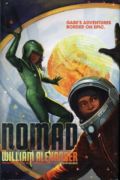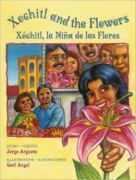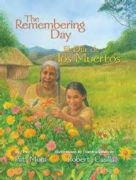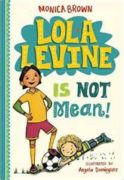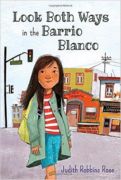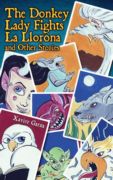
Margarito is eleven years old now and he’s way past believing in Grandpa Ventura’s ghost stories, but he loves listening to them anyway. One evening on his way home from his grandfather’s, Margarito finds himself alone in the gathering dusk, crossing a narrow bridge. Suddenly, a woman in white floats towards him and calls, “Come to me, child ? come to me!” He frantically hides in the shallow river, but soon sees a pair of yellow, glowing eyes swimming towards him. Before long, the Donkey Lady and La Llorona are circling each other, fighting to claim poor Margarito as their next victim!



